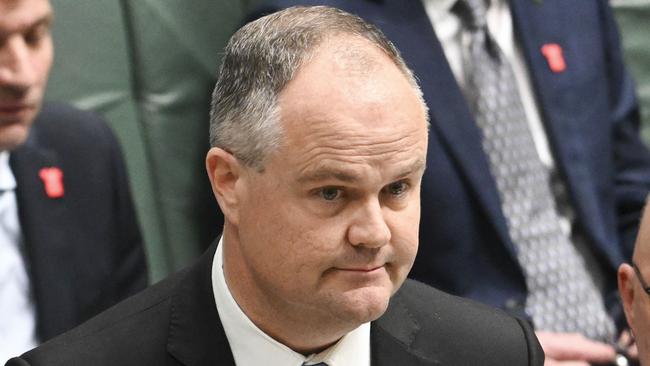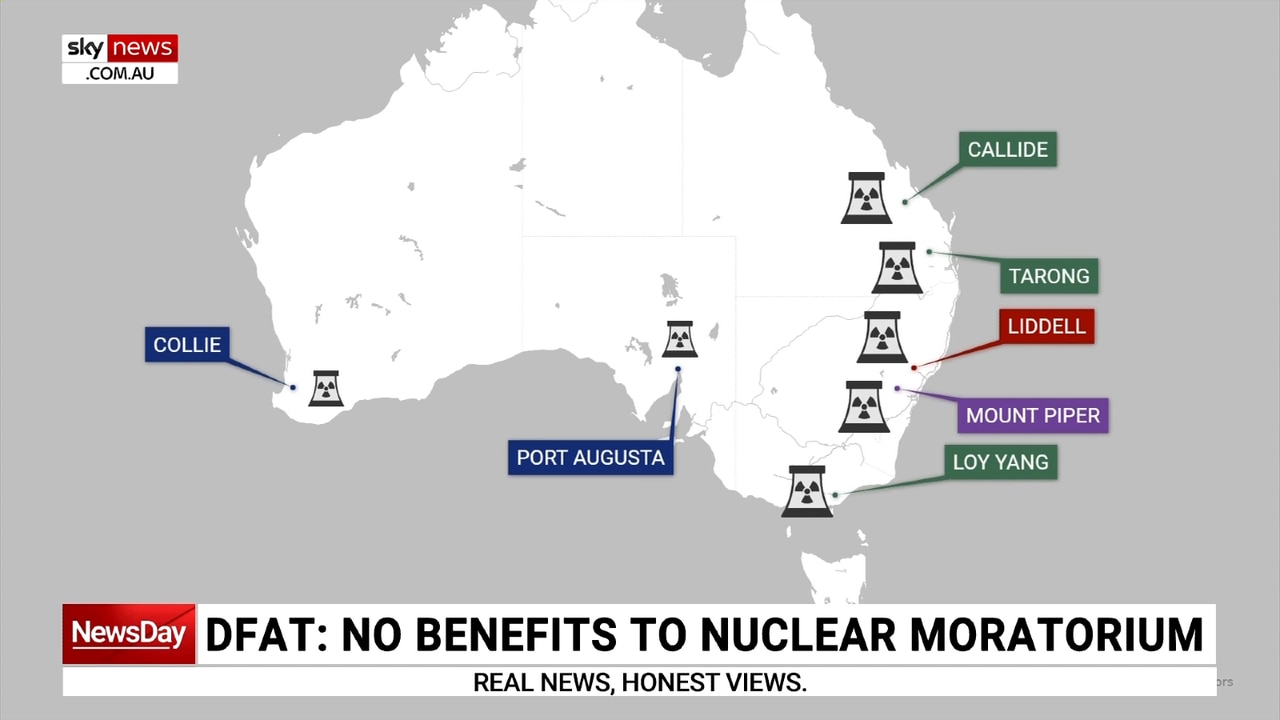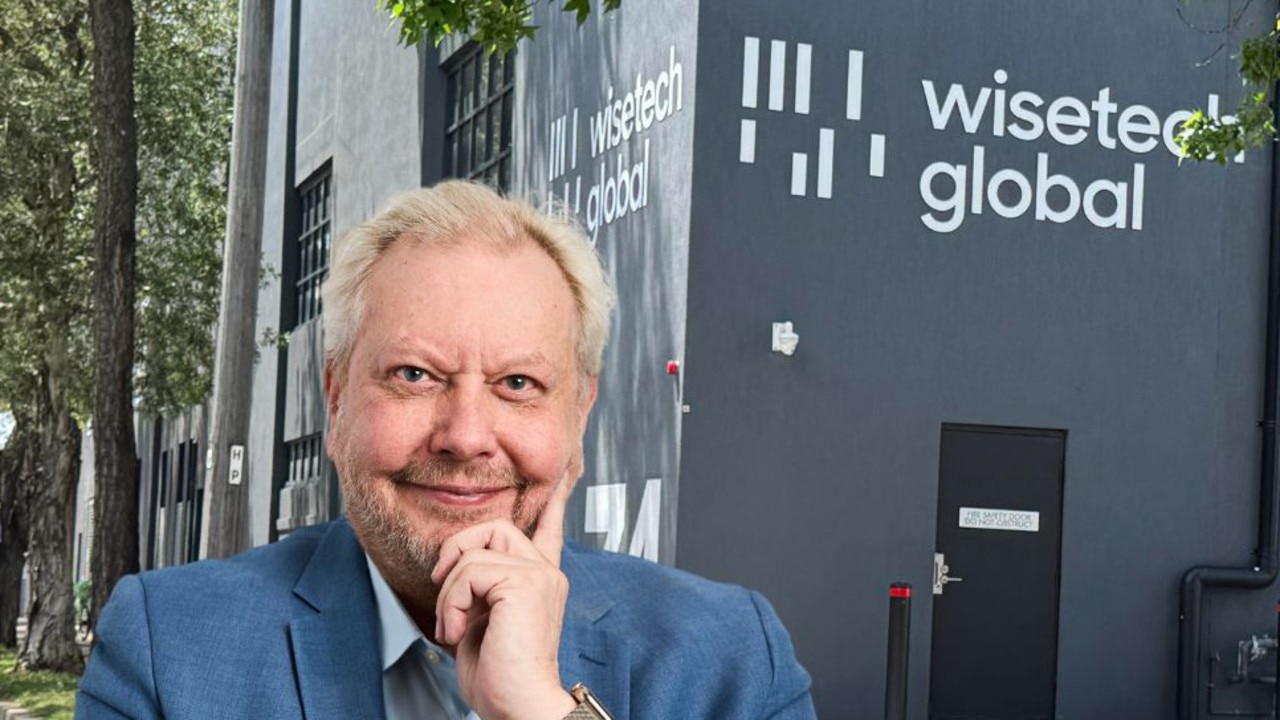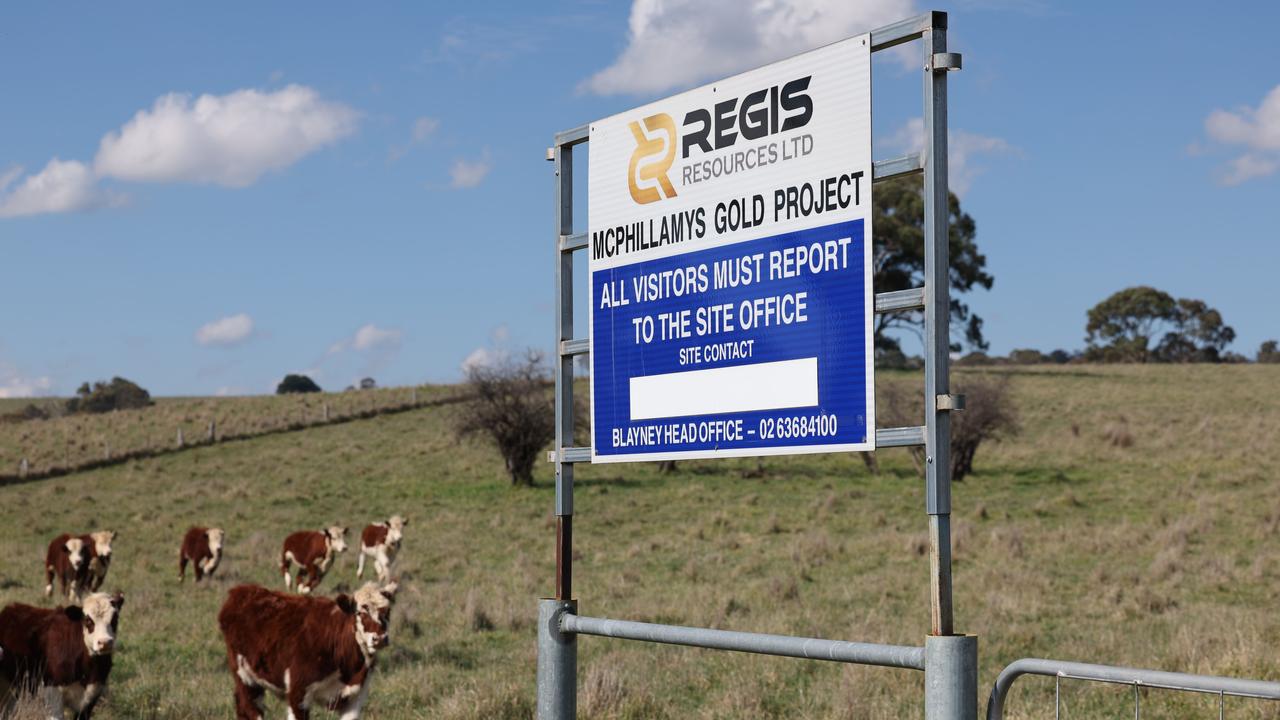Nuclear 15 years away, national regulator insists, as Coalition rejects timetable
Timetable would require Australia to run coal for longer, but the opposition insists the regulator is failing to recognise international expert advice and the work already done.

Business
Don't miss out on the headlines from Business. Followed categories will be added to My News.
It will take 15 years to develop a nuclear power industry in Australia, the head of the country’s regulator has said, a claim would be a hammer blow to the Coalition though it rejected the timetable – insisting the watchdog has tacitly endorsed the viability of its plan.
What will replace coal shapes as a defining battleground issue when Australians return to the polls by May 2025. The federal Labor government has pledged to deliver its plan of having renewables generate 82 per cent of the country’s power by 2030, while the Coalition has said it will build seven nuclear power stations. The first will be built and producing electricity by 2037, the Coalition has said.
The Coalition appears to be winning support for its plan, and is desperate to prove the credibility of its nuclear vision. But Gillian Hirth, chief executive of the agency, told a Parliamentary hearing that she believed Australia would follow the lead of other recent adopters of nuclear energy – most notably the United Arab Emirates – and take 15 years to establish.
“Australia does have many things in place but we would still require significant review of our regulatory framework and the development of a clear national position. This will take between 10-15 years,” said Ms Hirth.
“With international examples, with the UAE being the most recent, I think it would be close to 15 years in Australia.”

The comments will be seized on by Labor, which is under mounting pressure amid a cost of living crisis and soaring electricity bills amid a global energy crunch.
A record number of Australians are unable to pay their utilities bills currently, but Labor has continued to insist its plan is the most viable option as Australia’s fleet of coal power stations are ageing and many are unlikely to be able to last many more years.
But Coalition energy spokesman Ted O’Brien has said Ms Hirth is incorrect, insisting that she acknowledges that Australia has already established nuclear rules in place and the regulators recognises and accepts the guidelines of the International Atomic Energy Agency, the intergovernmental organisation and widely respected, estimated new entrants can deliver the industry within 10 years.
“She conceded that unlike Australia, the UAE had no regulator, no minimum treaty adherence, they had close to no human resources with experience in nuclear technology – all of which Australia has. You can’t use them as a reference,” Mr O’Brien said.
“As far as I am concerned, it is a slam dunk on timing.”
While both Labor and the Coalition both claimed vindication, Labor’s own timetable is increasingly precarious.
Federal Energy Minister Chris Bowen continues to insist Australia will meet its 2030 targets, though nearly independent figures have said the timetable is increasingly unlikely.
Government officials such as Claire Savage – the head of the Australian Energy Regulator point to the increase in the renewable energy roll-out.
“We are seeing the buildout of renewables to gather pace. Actually, we just looked at the last quarter alone. It was 1445MW of new capacity that came into the system which is a significant uplift from where we’ve been in recent years,” Ms Savage said.
Should Labor’s timetable fail to materialise, Australia will have to run coal power stations for longer, a claim that the government has levelled at the Coalition.
Already Australia’s sluggish renewable energy roll-out has seen the extension of the country’s largest coal power station – Origin Energy’s Eraring by at least two years.
Australia’s energy industry has also raised alarm about the vulnerability of the country’s grid as the country struggles to develop new gas developments.
Gas shapes as the only feasible option to back-up Australia’s electricity grid when the sun is not shining or the wind is not blowing, but supplies on the east coast are rapidly depleting. Supplies from the region’s dominant supplier is set to be exhausted by 2028, and government critics have accused the government of failing to move quickly enough to address the situation.
The Coalition has said it will, if elected, introduce gas into the Capacity Investment Scheme to ensure sufficient supplies are on hand during the periods known as renewable energy droughts.
The government has rejected the proposal, a stance at odds with the majority of Australia’s energy industry.
More Coverage
Originally published as Nuclear 15 years away, national regulator insists, as Coalition rejects timetable





